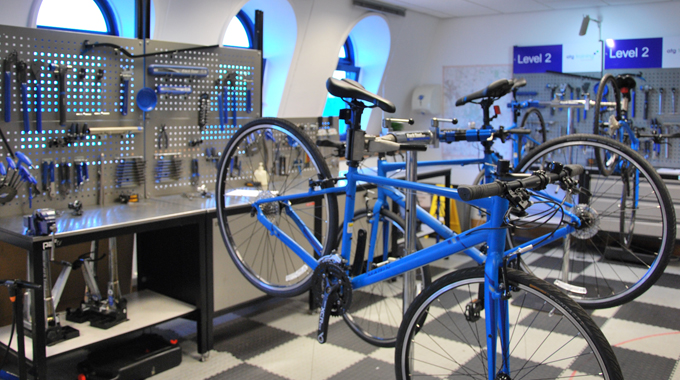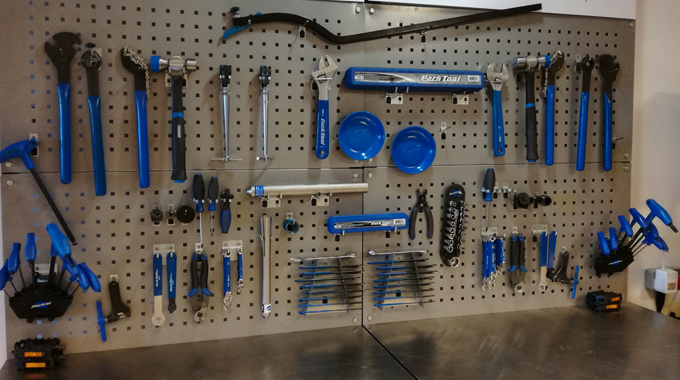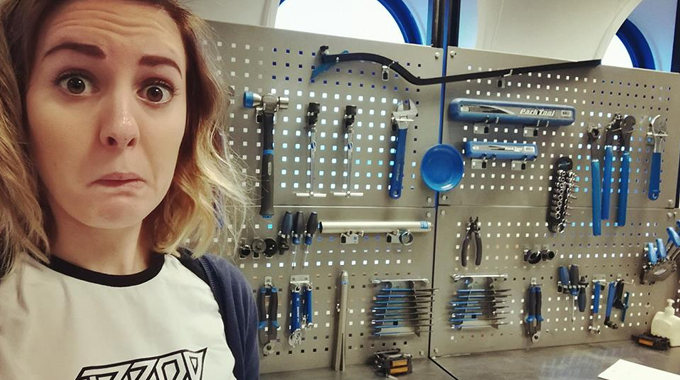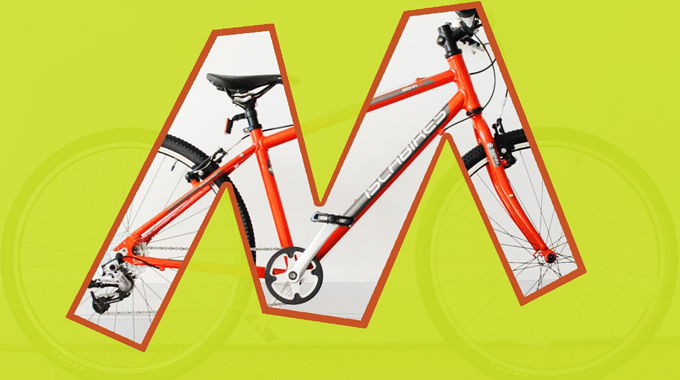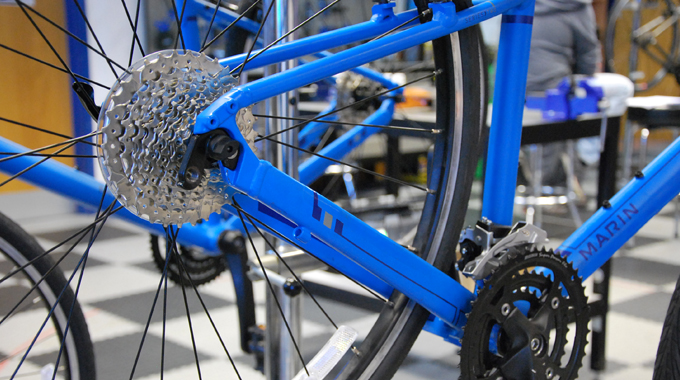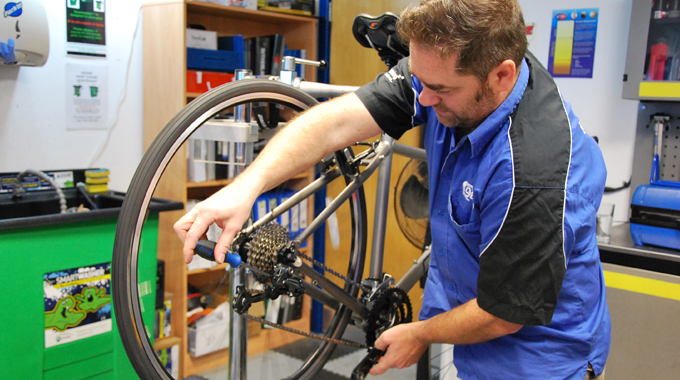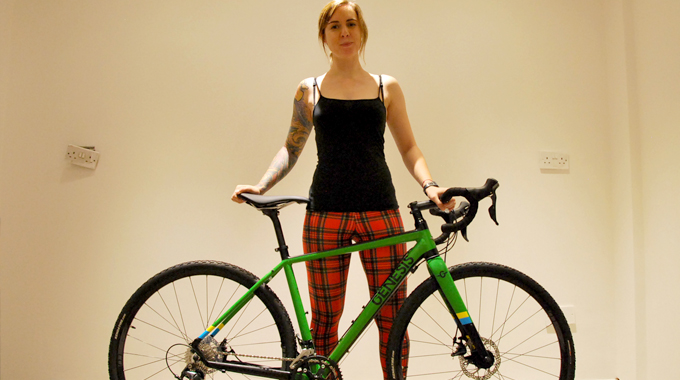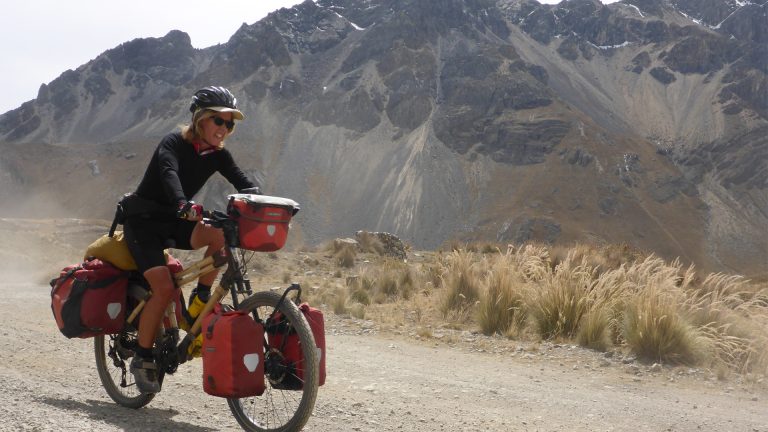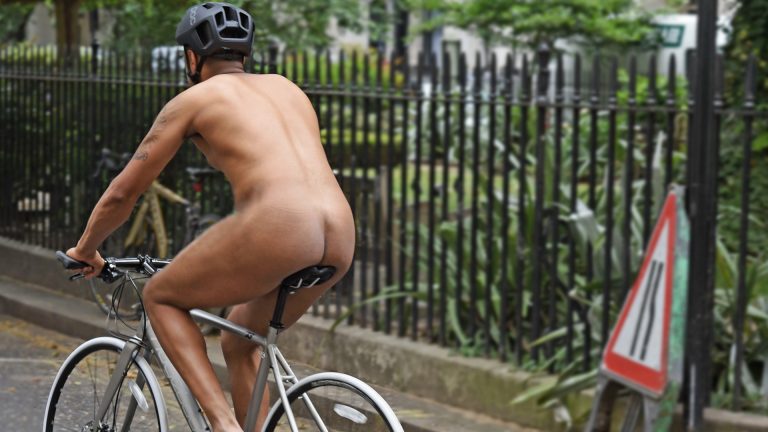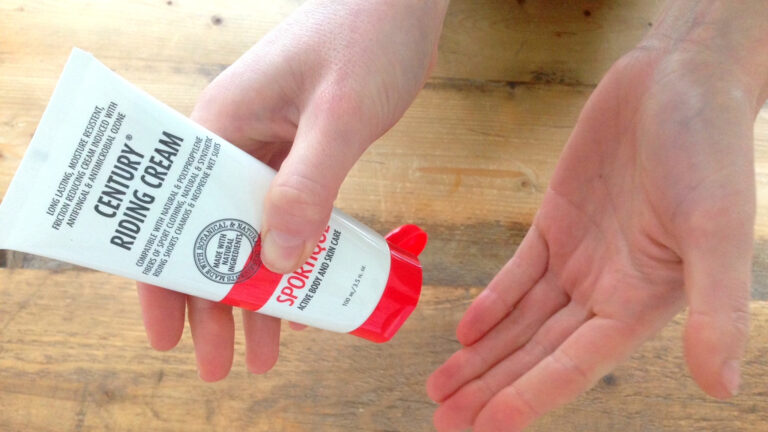My historical dealings in the world of bike mechanics have been short, frustrating and ultimately have ended up with the job being outsourced to more competent and patient people. Admittedly, I was one of those women who would exchange house chores with the partner, in return for his bike savvy skills. Well, not anymore…
When I started out on the addictive path of cycling, I could only focus on improving my riding skills and fitness. Everything else, like bike maintenance and know-how, fell at the way-side, and into the hands of my partner. It wasn’t that I wasn’t interested in learning, but often the choice would be taken out of my control and a routine soon developed where I would make the post-ride meal, he’d take care of the bikes.
Why is dating a female cyclist so awesome?
Picking up bits and pieces as I rode, like effectively changing and inner tube and assembling a bike from the box, I decided the take matters into my own hands and learn another addictive side to cycling: bicycle mechanics.
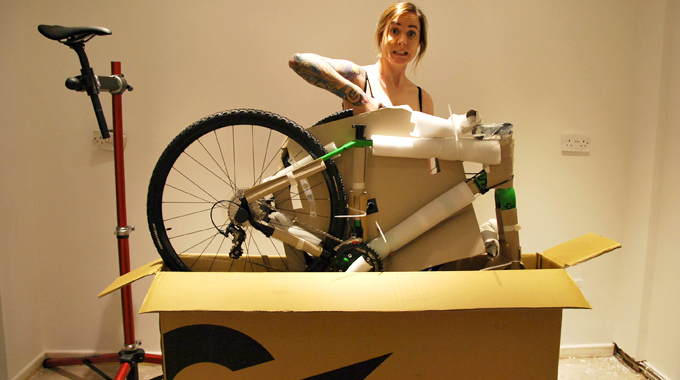
Being a staff writer for the world’s bestest most awesome cool women’s cycling website means that I occasionally get sent bikes for testing our and reviewing. While I’ve learnt to build them up from the box, I’ve always had someone to check out and make sure the bike it fit for testing purposes. If there is an issue with the bike, I freeze up: “what is that noise?” – “Is that supposed to be like that?” – “It’s fine, if I don’t touch that bit”…
That wouldn’t do, so I enrolled myself onto a Cytech mechanics course.


